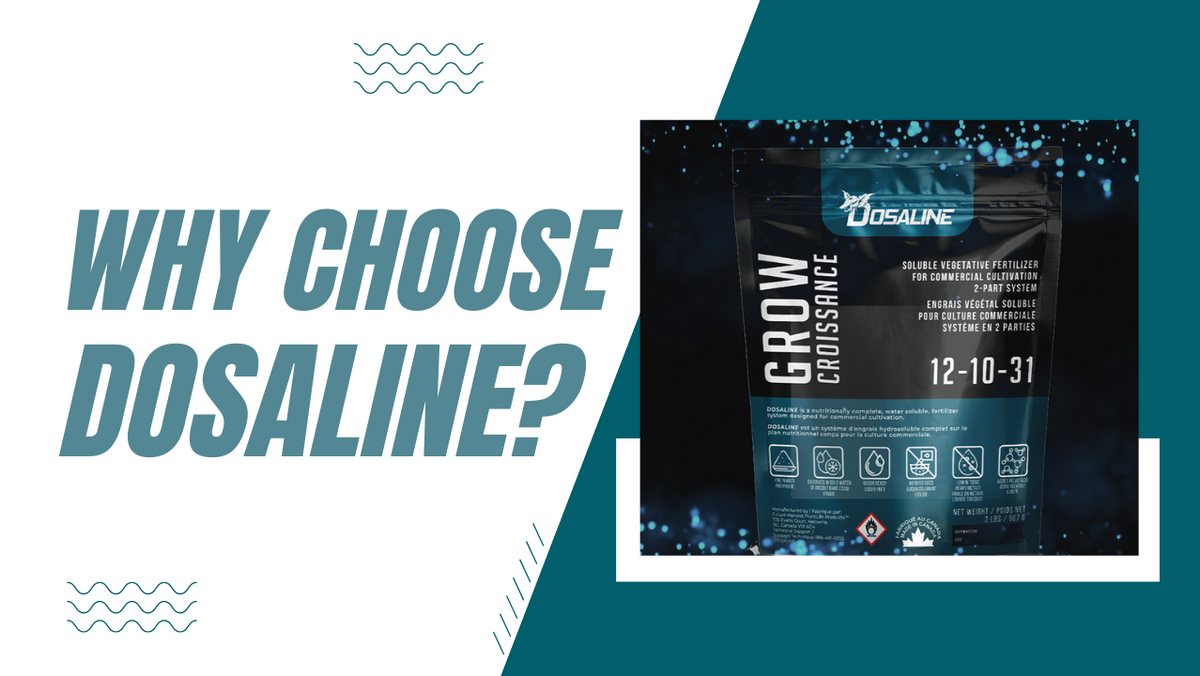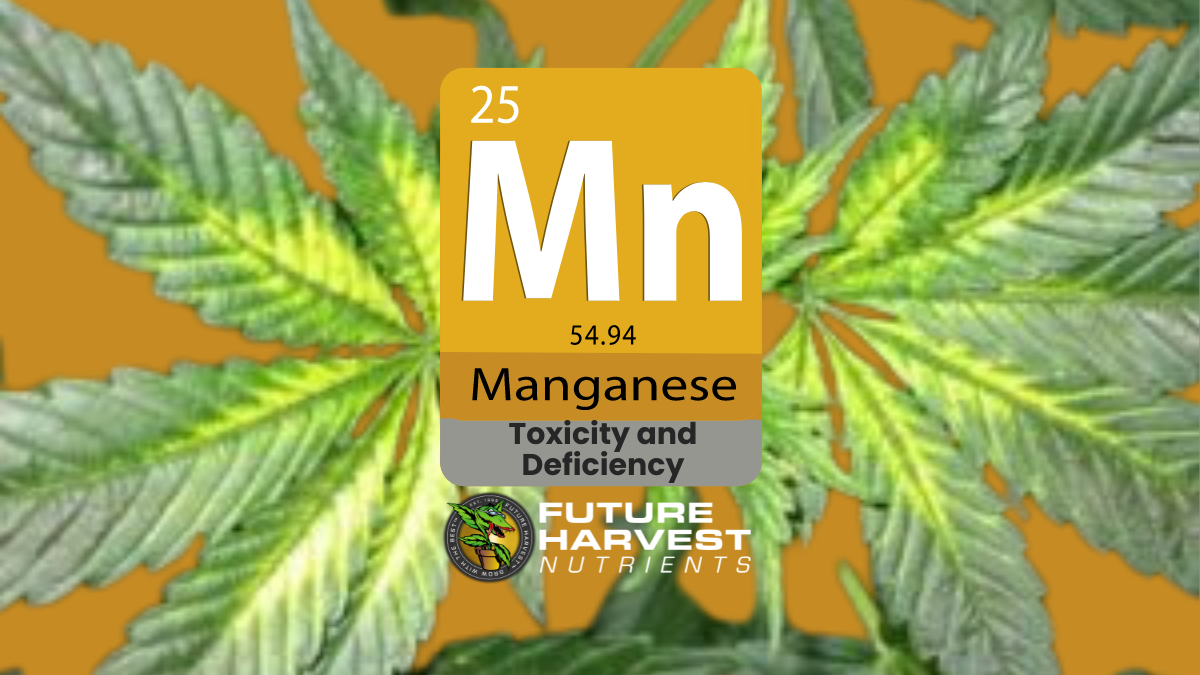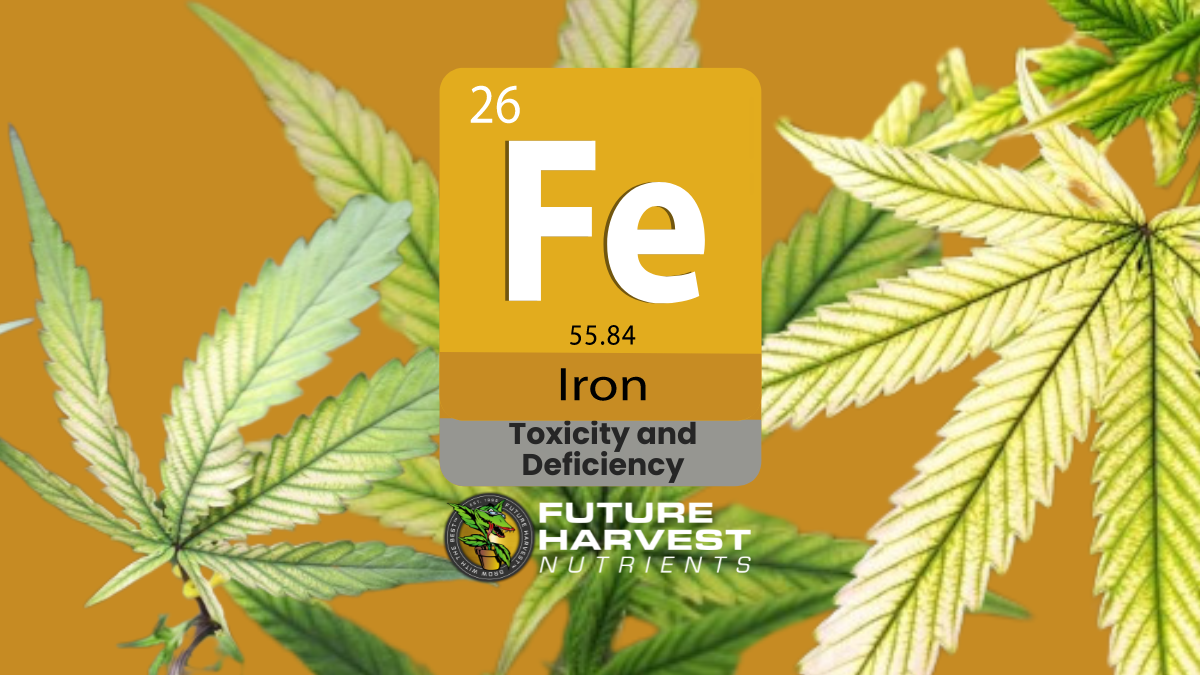What to do When Your Nutrients Freeze

Frozen Nutrients
One of the risks of growing in a cold climate is low temperatures can cause your nutrients to freeze.

Fallout is when the salts fall out of the solution due to freezing
What causes this?
The 2 main factors that cause nutrient freezing are the temperature and the concentration of the fertilizer. Freezing occurs when the salts inside the nutrients crystallize and fall out of the solution, this is referred to as fallout. The colder the temperature, the less salt the water can hold.
The concentration of salts in the fertilizer is an important factor in whether or not this will happen to you. For example, a strong fertilizer like our Holland Secret Micro will contain a high concentration of salts versus an additive like our Carbo Blast which contains minimal salts. With the higher concentration, you are more likely to have freezing resulting in fallout.
How to know if freezing has occurred?
To tell if you have fallout, gently shake the bottle and if you hear a rattling sound resembling broken glass you’ll know your salts have crystallized and have fallen out of the solution. But don’t fret! This doesn’t mean your fertilizer needs to be thrown out.
Nutrient freezing is common in colder climates and poses a real problem for growers.
How to salvage your frozen fertilizer
Simply place the bottle in warm water and periodically swirl the bottle gently for 10-20 seconds. Repeat this step until no more rattling can be heard. Make sure the water is warm, but not hot enough to damage the plastic bottle. An ideal water temperature would be around 50 degrees Celsius. Water temperature, how often you agitate the bottle, and how diluted the fertilizer is will affect how quickly the salts redissolve. Ideally once the process is finished, you should dump the contents of the bottle into a clear container to confirm there are no more salt crystals.

How to prevent this
Like most things, prevention is always best. Try your best not to let liquid fertilizers fall under 10 degrees Celsius. Anything lower will increase the risk of fallout occurring in your bottles. If this isn’t possible, powdered nutrients and additives can tolerate almost any temperature and may be a better option for those growing in colder climates.
_____________________________________________________________
Good luck! And remember you can always reach out to @futureharvestdevelopments on instagram if you have any questions or need advice.
Leave A Reply
Your email address will not be published. Required fields are marked *



Comments
Anonymous
Hi Dan,
Our fertilizers don’t contain this but other brands sometimes have ammonium nitrate which is very endothermic when added to water. It’s normal so your plants will be okay.
Thanks for reaching out and have a great day.
Dan.roseberry
When I mix my azalea for with a little bit of water, it gets very cold (almost freezing) why is this, or what causes it?
Anonymous
Hi Theo, while your solutions are likely fine, we can’t say 100% that they haven’t been affected. We recommend you compare the results using a new calibration solution to confirm your old solutions are in proper working order.
Theo
Good day, would you know if freezing has an effect on calibration solutions for pH and PPM?
Thanks in advance
Jeff
My q is about h2o2. When it comes to H2O to you mix it in your water and you’re supposed to let it sit for a half day but I’m wondering if it sits in the water for a week does it lose its purpose or do you have to use it within a day of mixing are use reservoir for my hydroponics and I’m just wondering if it lasts a week